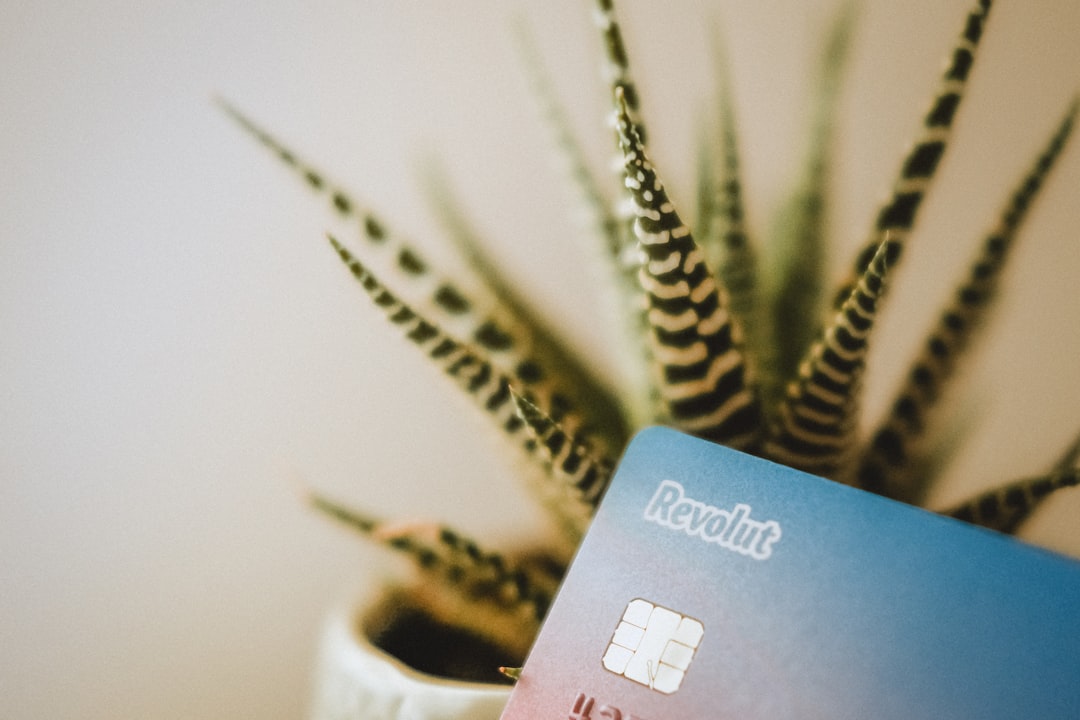A few weeks ago, an Irish friend of mine was contacted by the Irish Postal service. A package had arrived for her from abroad, but there were a couple of euros and change of duties to be paid. This had happened to her before - she buys a lot of stuff on the internet, clothes especially - and she duly got out her debit card and paid up.
A week or so later, she was sitting in a meeting, when she started getting updates from Revolut notifying her that money was being sent from her account to Binance, the crypto exchange.
She doesn’t have an account with Binance.
She contacted Revolut and then found money had also been sent to the crypto exchanges Kraken and Coinbase, and then, of all places, to Deliveroo. The perpetrator was ordering dinner.
She thought she had frozen her account, but it seems Revolut had already done this ten minutes earlier - their fraud detection system had been triggered and the customer alerted.
The Revolut rep advised her that the transfers had not been completed yet, that they would be halted and that in a few days the money would be returned. My friend calmed down.
The following day, however, she saw that the transfers had gone through. She got in touch with Revolut again. Only this time the rep told her that yesterday’s rep had given her the wrong advice. Those payments could not have been halted and the money would not be returned.

After several days’ back and forth, Revolut then confirmed that the money was gone and that they would not be refunding it to her. If she had any complaints she should take it up with the police.
In total, she had around 7,000 euros stolen from her account. Someone had stolen her debit card details, most likely that person supposedly from the Irish postal service, and that is how the fraud was perpetrated.
She reported it to the Gardai (the Irish police), spending several fruitless hours on several different occasions at the station, where notes were taken on bits of paper (not digitally) and she was given titbits of advice such as, “ah, well, you don’t know what’s going on with them foreign banks.”
There was one detective, apparently, who was helpful, but, apart from that, fruitless. They then told her to speak to the financial ombudsman, which she did, to be told that it was too close to Christmas and she should try again in the new year. She would eventually be given the run around by the ombudsman as well.
She asked another of her banks what they did in this situation, and they suggested she try and find a solicitor. But this, it seems, was hard too. Most specialise in defending organisations against fraud, but few act for individuals, she says, and certainly not in her price bracket.
She then started getting repeated calls from another company - a Florida number, but based in Israel - asking her for €1,000 upfront to recover the money, which they say there is a “good chance” of doing.
Eventually, she got in touch with me to see if I could help. The whole story seemed extraordinary. I read the conversations she had had with the Revolut representative telling her not to worry. I couldn’t believe Revolut then saying she had no protection, when she was clearly the victim of a debit card fraud. Surely, even with Revolut’s non-banking status, it has to abide with EU customer protection laws, doesn’t it?
I’ve had money stolen from my account, when I lost my debit card. Whoever found it went on a shopping spree round the supermarkets of South London. I had to fight to get the money back, and go through endless phone calls and form filling - and even then HSBC “forgot” to re-instate the stolen funds - but I did eventually get the money.
I’ve never had such problems with credit cards, which is why I prefer them to debit cards. But even with HSBC’s delaying tactics, I never got a flat refusal in the way that my friend was given by Revolut.
The ability to hold numerous different currencies in Revolut, the ease with which you can send and receive money internationally and indeed send to crypto exchanges, where many traditional banks will block transfers, make it a tempting option. But the convenience it offers seems to come at a cost and that cost is the safety of your money.
I got in touch with Revolut here in the UK saying I was writing a story about this and I wanted to hear Revolut’s side. Revolut replied straight away. I spoke to their representative, who was extremely helpful (he doesn’t want his name mentioned here).
He recognised that I was working to a deadline, looked straight into the case and then came back to me a couple of days later with a resolution. “The experience of [unnamed] fell well below our high customer support standards and we’re sorry for the distress this caused her,” he said. “We have reimbursed her stolen funds in full as a gesture of goodwill.”
I’m not sure my friend’s experience would have been the same had she not had a friend who is a financial journalist, but I have to commend Revolut and this employee in particular for the way he acted as soon as I came banging on the door.
He also had this to say: “Criminals use increasingly sophisticated techniques to steal your details and your money. If you receive an SMS message from any person or business, be on guard, particularly if the message asks for your details or includes a link or number. Do not share authorisation codes or passwords with anyone, ever, even if they claim to be from Revolut.”
And, there, I suppose is the moral of this tale. Debit and credit card fraud is rampant, and its perpetrators are a lot more wised up than most ordinary consumers - than you or me, in other words.
I’m not a writer who specialises in this kind of consumer finance, but I would also add that my experience is that you seem to get more protection from credit cards than debit cards, so use them. Use 2 factor authentication wherever possible. Have your payment notifications switched on, so that every time there is a transaction you get notified. That way less will slip by you. Cyber crime is everywhere.
Revolut also added: “If you think your card details may have been compromised, freeze your Revolut cards immediately in the app by tapping “freeze” on each of your cards and report the fraud to Revolut immediately by contacting a customer support agent via the in-app chat.” That’s exactly what my Irish friend did though!
My eldest daughter is about to go on a backpacking trip. She has a Revolut account - she likes Revolut - and she’ll be taking a Revolut debit card with her. But she will keep her core funds in another account, for which she won’t have a debit card with her, thereby leaving it less vulnerable. She’ll only transfer money to Revolut when she needs it. It may seem long-winded, but it adds a layer of protection.
Thank you for reading this. Be sure to check out my recent piece on the Great Decline, if you have’t already. It as caught a real nerve. And be sure to check out Dr John’s latest: My Top 5 Investment Trusts to Own for the Next 20 Years. You do not want to miss that.
If you’re buying gold, my current recommended bullion dealer in the UK is The Pure Gold Company, whether you are taking delivery or storing online. Premiums are low, quality of service is high. You can deal with a human being. I have an affiliation deal with them.
If you’re buying bitcoin, be sure to read my special report.
And make your Number One resolution for 2023 to listen to Kisses on a Postcard.
This article first appeared at Moneyweek.












